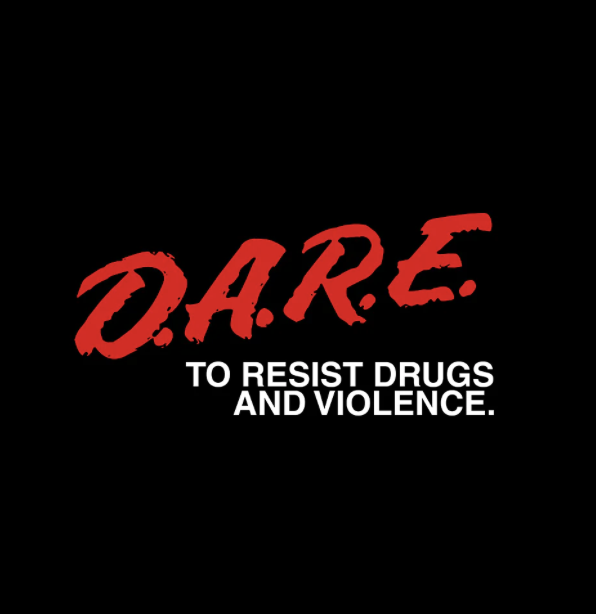The recent Channel 5 YouTube video suggesting the D.A.R.E. program (Drug Abuse Resistance Education) might have backfired by making kids more curious about drugs raises a valid question. Let’s delve into the research and see if there’s merit to this claim.
The D.A.R.E. Program:
D.A.R.E. is a widely used school-based program aimed at preventing drug use in young people. It utilizes uniformed officers to teach students about the dangers of drugs and how to resist peer pressure.
The “Curiosity Backfire” Theory:
The concern is that by talking openly about drugs, D.A.R.E. might plant the seed of curiosity in young minds, leading them to experiment. However, research on the effectiveness of D.A.R.E. paints a mixed picture.
What Research Says:
- Limited Effectiveness: Several studies have shown minimal to no long-term impact of D.A.R.E. on reducing drug use [1, 2].
- No Evidence of Increased Curiosity: There’s a lack of strong evidence directly linking D.A.R.E. to increased curiosity about drugs [3].
Alternative Explanations:
- Preexisting Curiosity: Most teenagers naturally experience curiosity about drugs and risky behaviors. It’s unlikely that D.A.R.E. alone sparks this curiosity.
- Focus on Scare Tactics: Early iterations of D.A.R.E. relied heavily on scare tactics, which might have backfired, making drugs seem more enticing.
Dr Joan Mcullogh on D.A.R.E
- Dr. Joan McCullogh: A prominent addiction specialist, Dr. McCullogh has criticized the use of scare tactics in drug education programs like early iterations of D.A.R.E. She argues that focusing on the negative aspects of drugs can backfire, making them seem more enticing [3].
Modern D.A.R.E.:
The D.A.R.E. program has undergone revisions in recent years, shifting its focus towards:
- Interactive activities: Engaging students with discussions and role-playing exercises.
- Life skills development: Equipping students with skills to resist peer pressure and make healthy choices.
- Focus on social and emotional learning: Addressing underlying factors that can lead to drug use.
While the effectiveness of D.A.R.E. remains a topic of debate, there’s no clear evidence suggesting it directly increases drug curiosity. More emphasis on interactive learning, life skills development, and addressing the root causes of drug use might be a more effective approach to prevention.
There is a rise in talk and education vs actual foundational change to impact addiction. The D.A.R.E campaign has provided some benefit and it is important to not dismiss the work that has been done. That said, addiction’s and harm related health issues have risen since the introduction of the D.A.R.E campaign and it’s important to get real to make real change.
The Cochrane Collaboration on D.A.R.E
- The Cochrane Collaboration: This highly respected international organization reviews medical interventions. Their review of D.A.R.E. programs found “no evidence from high-quality studies” that D.A.R.E. reduces drug use or related problems [2].
Here are some resources for further reading:
- [1] The National Institute on Drug Abuse: https://www.ncbi.nlm.nih.gov/pmc/articles/PMC1448384/
- [2] The Cochrane Collaboration: https://www.cochrane.org/ (Search for reviews on D.A.R.E.)
- [3] The National Institute on Drug Abuse: https://www.ncbi.nlm.nih.gov/pmc/articles/PMC1448384/
Remember, open communication with children about drugs is crucial. Talking honestly about the risks can be more effective than relying solely on scare tactics.
